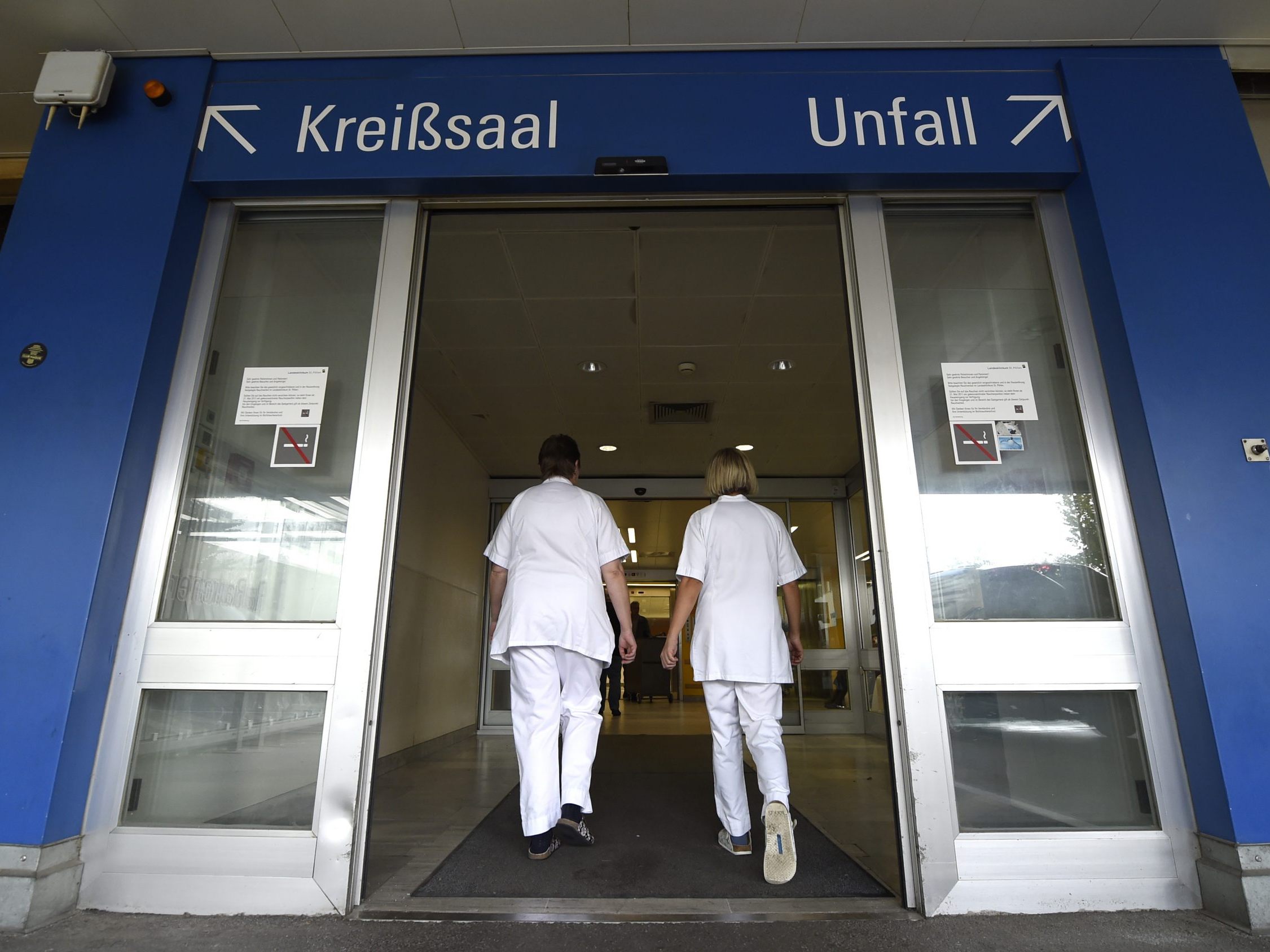Hospital Doctors Sound the Alarm: Working Conditions Continue to Deteriorate

Hospital doctors are unhappy with their work situation. 60 percent believe that their work has become more unpleasant compared to five years ago. 19 percent would forgo studying medicine with their current experience. This is shown by an IMAS survey commissioned by the Medical Association among a good 3,800 doctors. The association sees mandatory patient management as a solution.
Medical Association Warns of Dramatic Development
The chairman of the employed doctors, Harald Mayer, saw the results of the study as an alarm signal at a press conference on Monday morning, the likes of which are hard to find. Even the results of the comparative survey from 2019 were alarming - at that time, 53 percent perceived their work as more unpleasant - but apparently, it can get even worse.
Staff Shortages and Time Pressure
The most serious problem perceived is staff shortages, followed by the effort required for patient documentation and increasing time pressure. Nearly two-thirds also see the increase in outpatient cases as a serious problem. Mayer also points out that the number of night shifts is on the rise again. Doctors report an average of 5.8 night shifts per month. This is almost back to the previous high (5.9) from 2006. In 2016, it was one night shift less per month.
The vice president of the Medical Association now hopes for relief measures from the new Minister of Social Affairs and her Secretary of State for Health. Mayer has a simple solution for this: "Mandatory patient management solves the problem immediately." There is no need to invent anything new here, as there are already corresponding models in the Netherlands and the Baltic states. There, outpatient clinics cannot be visited without a referral from a doctor.
Need for a Reform of the On-Call System
Especially during the night hours, there is a lack of appropriate services in the outpatient sector: "It cannot be that we are the sole entertainers from 11 PM to 6 AM." This leads to highly specialized staff in hospitals being confronted with minor complaints: "It cannot be that we misuse an expensive system to cushion deficiencies in social insurance."
Enhancing the 1450 hotline would be another approach for Mayer. Its recommendations should also be made available to hospitals via ELGA. This way, hospitals could check whether the patient was actually advised to visit a hospital by the hotline.
"State of Mind is at a Low"
The bureaucracy burden for doctors should also be reduced, Mayer is convinced. Of course, proper patient documentation is necessary. However, they should not have to do everything themselves. Admittedly, there are many documentation assistants, but not comprehensively and especially not around the clock.
If various relief measures are implemented, the system is still salvageable for Mayer. But for now, it remains: "Currently, the state of mind of hospital doctors is at a veritable low."
(APA/Red)
This article has been automatically translated, read the original article here.





